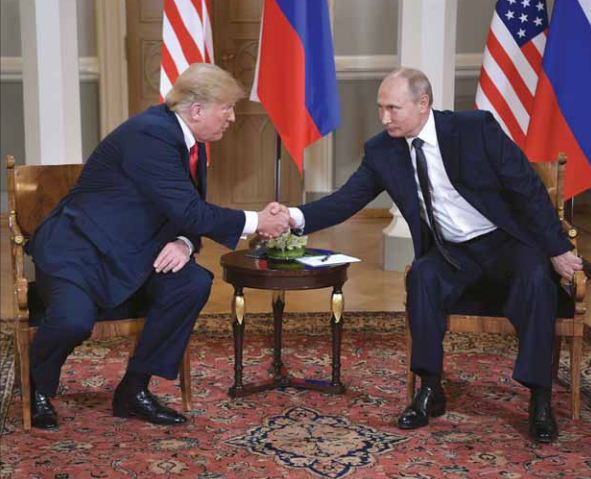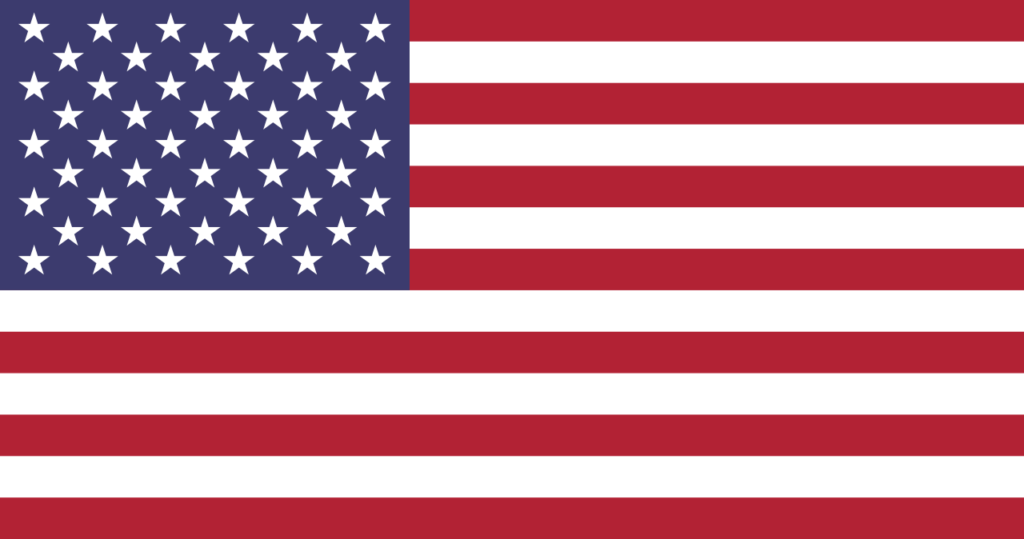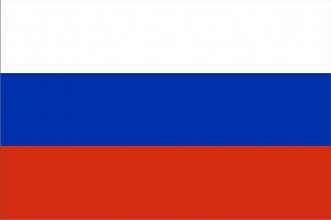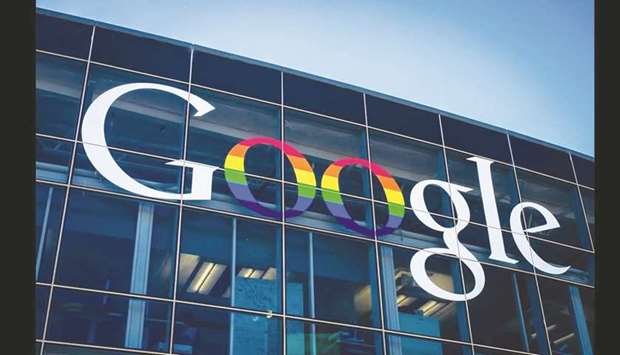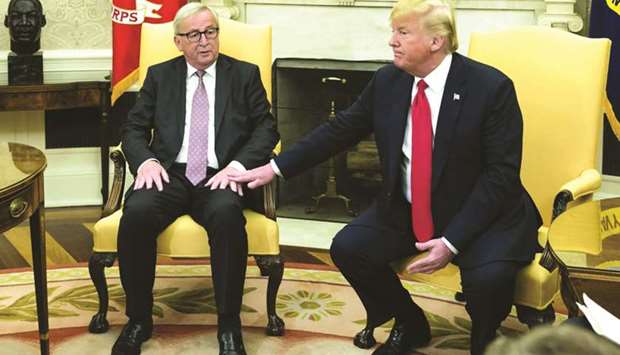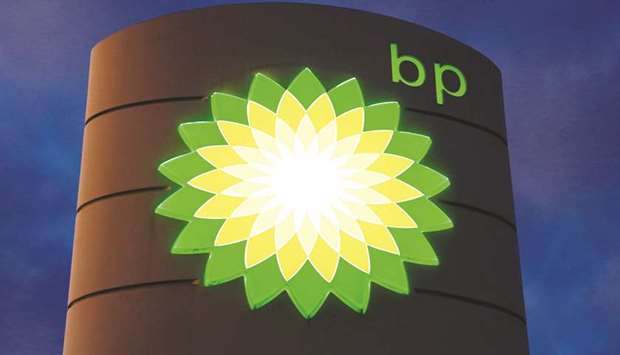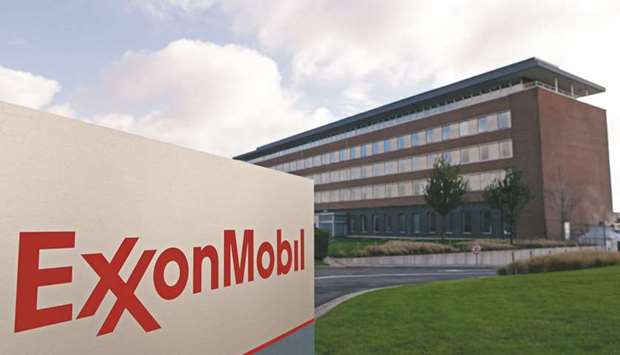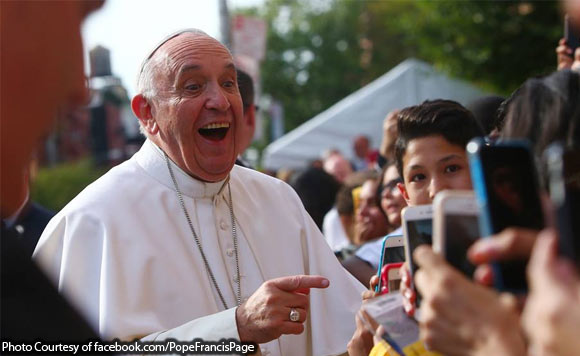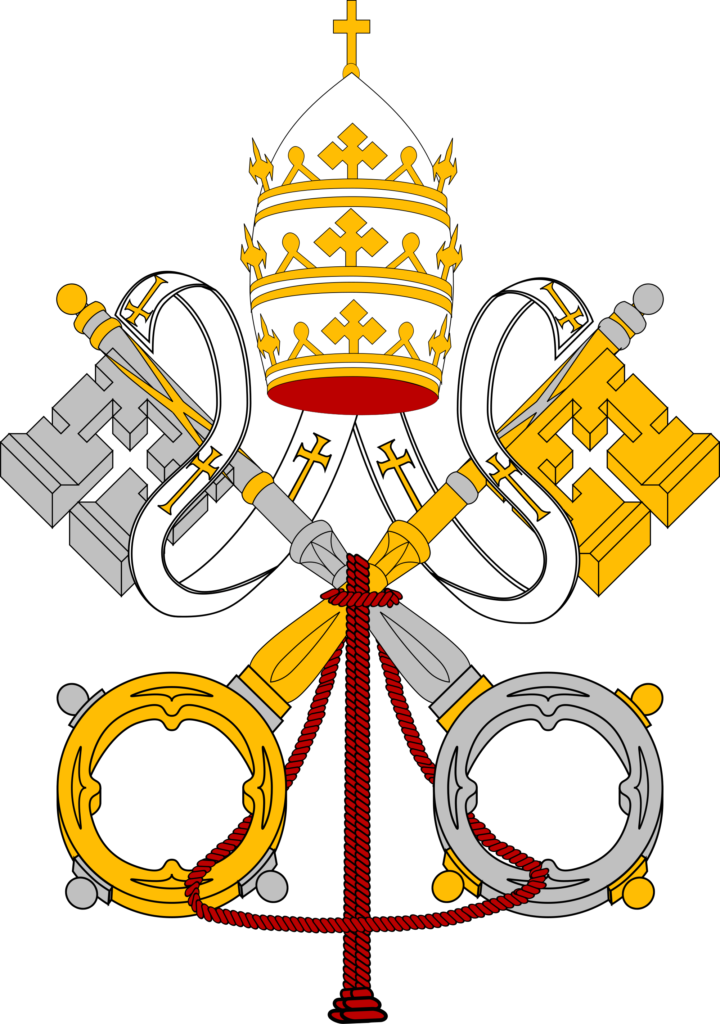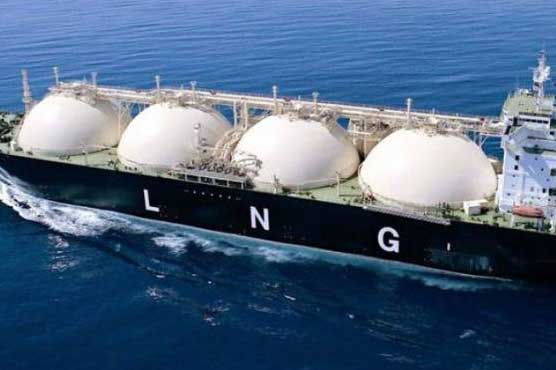L’aggressiva politica dell’Arabia Saudita ha fallito: il Qatar è piccolo, ma forte

La corte dell’Aja ha stabilito che il blocco imposto al Qatar dagli Emirati Arabi (insieme ad altre nazioni tra cui l’Arabia Saudita) è discriminatorio. Un precedente importante, che mostra l’illeggittimità e il fallimento delle politiche saudite che volevano isolare il piccolo (ma ricco) Paese
Certo, esaltare l’apertura dei cinema in Arabia Saudita è più facile e forse più conveniente. Ma la notizia cui dovremmo prestare attenzione è quella che arriva dall’Aja, dove la Corte Internazionale di Giustizia (il principale organo giudiziario delle Nazioni Unite) si è espressa a proposito della “causa” intentata dal Qatar contro gli Emirati Arabi Uniti, uno dei Paesi (gli altri sono Arabia Saudita, Bahrein ed Egitto, ai quali in seguito si sono aggiunti anche Maldive, Libia e Yemen), che il 5 giugno decisero di imporre un blocco “via terra, mare e aria” contro l’emirato guidato da Tamim bin-Hamad al-Thani. Il Qatar aveva richiesto l’intervento della Corte accusando gli Emirati di violazione dei diritti umani dei cittadini qatarioti che, in seguito all’embargo, erano stati espulsi dagli Emirati oppure erano rimasti separati dalle famiglie, in molti casi miste.
La Corte, che per la prima volta era chiamata a esprimersi su questa controversia tra i Paesi del Golfo Persico, si è basata sulla Convenzione Internazionale per l’Eliminazione di tutte le forme di Discriminazione Razziale, varata nel 1965, e ha stabilito che quei provvedimenti in effetti erano discriminatori e violavano i diritti dei cittadini qatarioti. Così ha decretato che gli Emirati dispongano immediate misure per arrivare a tre risultati: consentire la riunificazione delle famiglie, permettere agli studenti provenienti dal Qatar di concludere i cicli di studi già iniziati negli Emirati al momento del varo dell’embargo, garantire il libero ricorso dei cittadini del Qatar ai tribunali e agli organismi giudiziari degli Emirati.
Quella della Corte, insomma, potrebbe essere solo il primo di una serie di interventi a livello internazionale che mostrerebbero l’illegittimità e il sostanziale fallimento dell’aggressione ispirata soprattutto dall’Arabia Saudita. Il Qatar ha affrontato e superato le difficoltà economiche che l’embargo avrebbe potuto causare. Ma soprattutto non è stato isolato dal resto del mondo, mandando così a monte il progetto politico che stava alla base dell’embargo stesso
Come si diceva, la Corte Internazionale di Giustizia non si era mai pronunciata su tale disputa internazionale. Ma le sue decisioni costituiscono, ora, un importante precedente. Il Qatar, infatti, ha intrapreso analoghe azioni anche in altre sedi. Per esempio, ha depositato un reclamo ufficiale presso l’Organizzazione Mondiale del Commercio (Wto) contro Emirati, Arabia Saudita e Bahrein, una mossa che obbliga tali Paesi ad aprire un tavolo di consultazione e trattativa per provare a risolvere le reciproche divergenze, che in questo caso sono riassunte nel termine “embargo”. Se il tentativo di composizione pacifica dovesse fallire, sarebbe il Wto stesso a formare una commissione interna per giudicare la questione e prendere eventuali provvedimenti. E difficilmente potrebbe mostrarsi indifferente a una situazione di palese persecuzione economica e discriminazione razziale come quella che è stata costruita contro il Qatar (una nazione con soli 400 mila abitanti che dà lavoro a più di 2 milioni di immigrati economici) dai Paesi a esso più vicini.
Quella della Corte, insomma, potrebbe essere solo il primo di una serie di interventi a livello internazionale che mostrerebbero l’illegittimità e il sostanziale fallimento dell’aggressione ispirata soprattutto dall’Arabia Saudita. Il Qatar ha affrontato e superato le difficoltà economiche che l’embargo avrebbe potuto causare. Ma soprattutto non è stato isolato dal resto del mondo, mandando così a monte il progetto politico che stava alla base dell’embargo stesso. Il rapporto con la Turchia di Recep Erdogan è più saldo che mai, sia dal punto di vista commerciale sia per la collaborazione militare che ha portato all’apertura di una base turca in territorio qatariota. Nello stesso tempo sono migliorate le relazioni con gli Usa di Donald Trump, un anno fa schierati con i Paesi dell’embargo ma oggi molto più scettici, tanto che il Pentagono ha trovato un accordo con il Governo dell’emirato per ampliare a sua volta la propria base militare.
Resta cordiale anche il rapporto con l’Iran, una delle vere ragioni dell’embargo. Ed è più che solido il cordone ombelicale di buoni affari che lega l’emirato alla vecchia Europa. Nel recente passato l’emiro Al-Thani ha saggiamente investito in una miriade di grandi aziende europee (da British Airways a Volkswagen, da Deutsche Bank a Royal Dutch Shell), per non parlare dell’industria del lusso e della moda, dalla maison Valentino a Harrod’s, e ora raccoglie i frutti politici dell’albero dell’economia. Brutte notizie, quindi, per i sauditi e i loro alleati. Il Qatar è piccolo ma non debole. I loro conti erano sbagliati.

